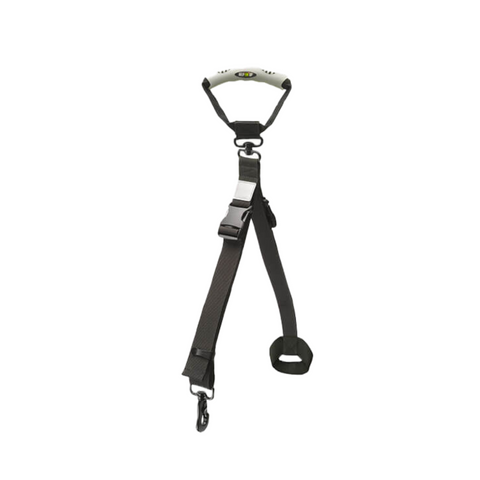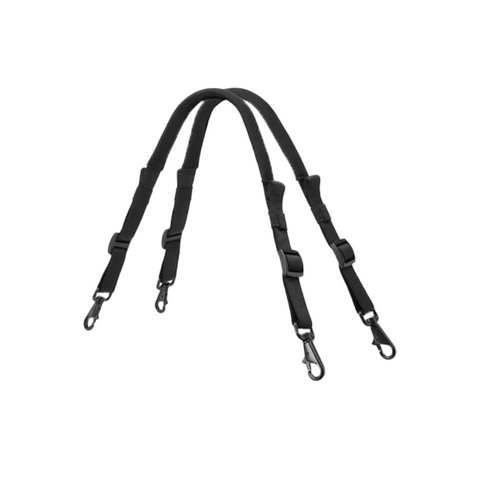If you’re like me, you are itching for winter to be over and for Spring to arrive. March brings with it the beginning of Spring, Easter and the start of daylight savings time … all which mean you’ll have more daylight hours to play with your dog!
However, is your backyard pet proofed and poison proofed? With March also being National Pet Poison Prevention Month, it’s time to take a hard look at what can be dangerous for your dog.
- Pesticides and Fertilizers. We often use pesticides to get rid of bugs and fertilizers to get rid of our weeds and make our grass grow greener. However, you need to find a fertilizer that is free of blood meal, bone meal, feather meal or iron. These can be delicious to your pets but cause gastrointestinal problems. When storing fertilizer in your yard, keep it out of reach of your dogs. If you are having a professional come spray your yard, keep your dog inside for at least 24 hours until the fertilizer dries.
- Plants. Did you know that sago palm seeds and the plant itself can be poisonous to your dog? In fact, only 50% of dogs who ingest sago palm survive, even with veterinarian treatment. Additionally, Lily of the Valley, oleanders, yews, and begonias can be dangerous. For a more extensive list of poisonous plants, click here.
- Cleanup. You might not have been as diligent in picking up dog poop during the winter. Know that dog poop does NOT fertilize your grass and may contain some dangerous bacteria.
- Outdoor predators. Your dog may love to chase other animals, but opossums may bite if confronted, and raccoons can be fierce fighters; both may also carry rabies or flea-borne diseases.In certain parts of the country, jaguars, coyotes and cougars may actually attack your dog. Do not put anything enticing in a compost pile like meat or sweet smelling fruits or vegetables. Tightly seal trash cans and place a cinder block on them to keep sealed.
- Mulch. Brown cacao bean mulch is made from chocolate which is toxic to dogs.
- Slug and Rat Poison. Nobody wants slugs or rats in their home or garage, but the poison used to kill them contains chemicals that are toxic to dogs.
- Holes In Your Fence. Winter can be hard on fences. Dogs are naturally curious, so if there is a gap or space they can dig under, they are likely to get out.
- Exposed electrical wiring. Many dogs love to chew and if there is an exposed or unprotected electrical cable your dog will find it.



